

Why people in Switzerland trust the state
Compared with many other countries, people in Switzerland enjoy economic and political stability. One important factor behind this is the high level of trust in public institutions.
Democracy has been in retreat around the world in recent years – countries such as the US have experienced attempted coups and an increase in political violence.
In Switzerland, on the other hand, you may bump into a Swiss government minister on a train. They almost always travel without special protection.
Trust in politics is higher in Switzerland than in many other countries. For example, trust in the federal government was the highest of all OECD countries in a survey published in July 2024. At the same time, however, “surveys show declining levels of trust in Switzerland”, according to the ETH study “Security 25”.
Many democracies are struggling to survive. Switzerland, by comparison, is politically stable. Here, representatives of the major parties across the political spectrum continue to govern together. Trust is a factor in social stability.

More
‘One for all, all for one’ – how the Swiss government makes decisions
Switzerland is also one of the most economically stable countries in the world. This is one of the factors behind trust in institutions.
Trust in the Swiss government
Executive power in Switzerland is vested in a committee rather than a single individual. In the executive body – the Federal Council – seven officials lead the country’s seven ministries and take turns as president for one year. Since the founding of the state in 1848, only a handful of government ministers have had to leave involuntarily. To date, 113 men and ten women have served on the executive. In Italy, as many as 1,300 ministers have been sworn in since 1946.
The University of Bern concludes that the high level of trust in the Swiss government, which has grown over the past 20 years, is one of the reasons for this continuity.

More
The strengths of a ‘weak’ Swiss government
In Switzerland, as in other developed democracies, the government, parliament and judiciary act as checks on each other. But federal ministers are confronted with popular nationwide votes on a regular basis. And voters sometimes reject government-led initiatives. The people themselves are the ultimate sovereign in the Swiss understanding of democracy – at a local, regional and national level.
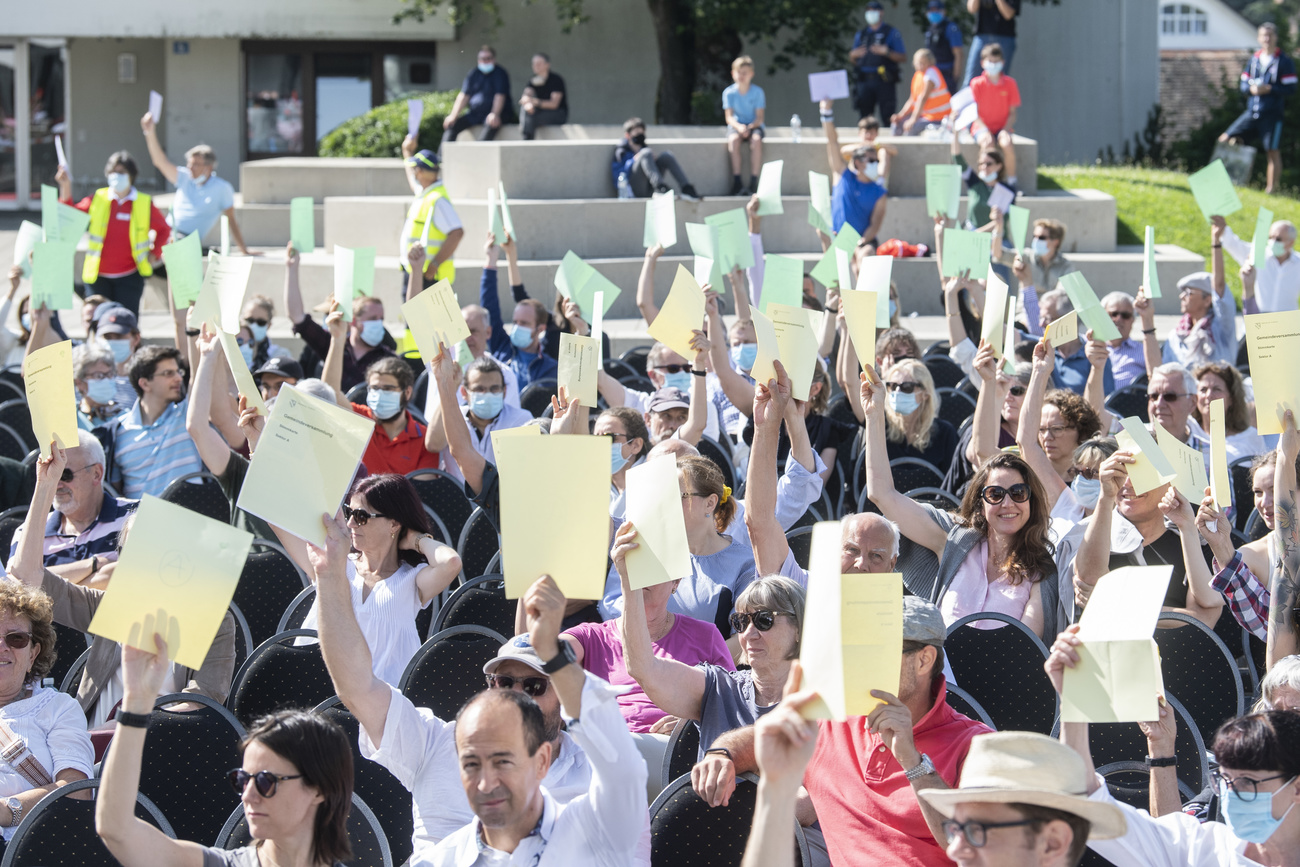
More
In Switzerland, trust and stability are interwoven
The Swiss understanding of trust is characterised by these control mechanisms. The militia principle applies and this transfers responsibility to the citizens.

More
How the Swiss militia system strengthens civic identity – and favours the privileged
Anyone wanting to make a difference can get involved in an organisation, go to a demonstration – or get involved in local politics. The opportunities for participation can create trust.
Trust in science and the police
For decades, the police have achieved the highest trust ratings of all institutions in the annual ETH Security study. In 2025 science received the better result for the first time. The judiciary followed in third place, ahead of the economy, the government and parliament – all of which experienced a slight drop in trust compared to the previous year.
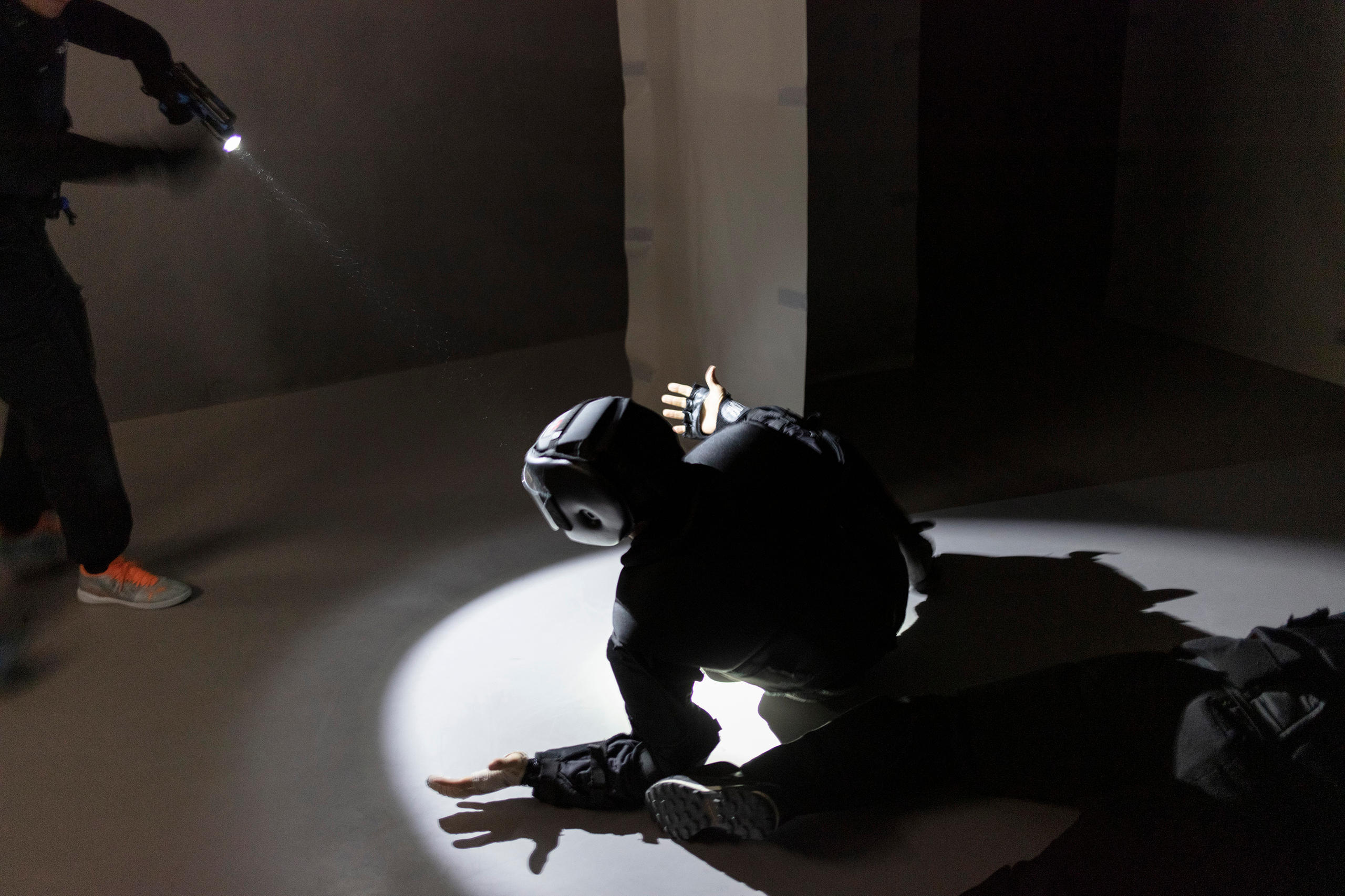
More
To keep trust, police taught to ‘keep cool’
Prosperity and a stable Swiss franc boost trust
Switzerland is a functioning constitutional state that provides for extensive personal freedoms: the political system limits the excessive concentration of power in the hands of individuals or parties. Residents and citizens can defend themselves against arbitrariness. Freedom of research and freedom of the press are protected, although exceptions exist, notably in banking secrecy laws.
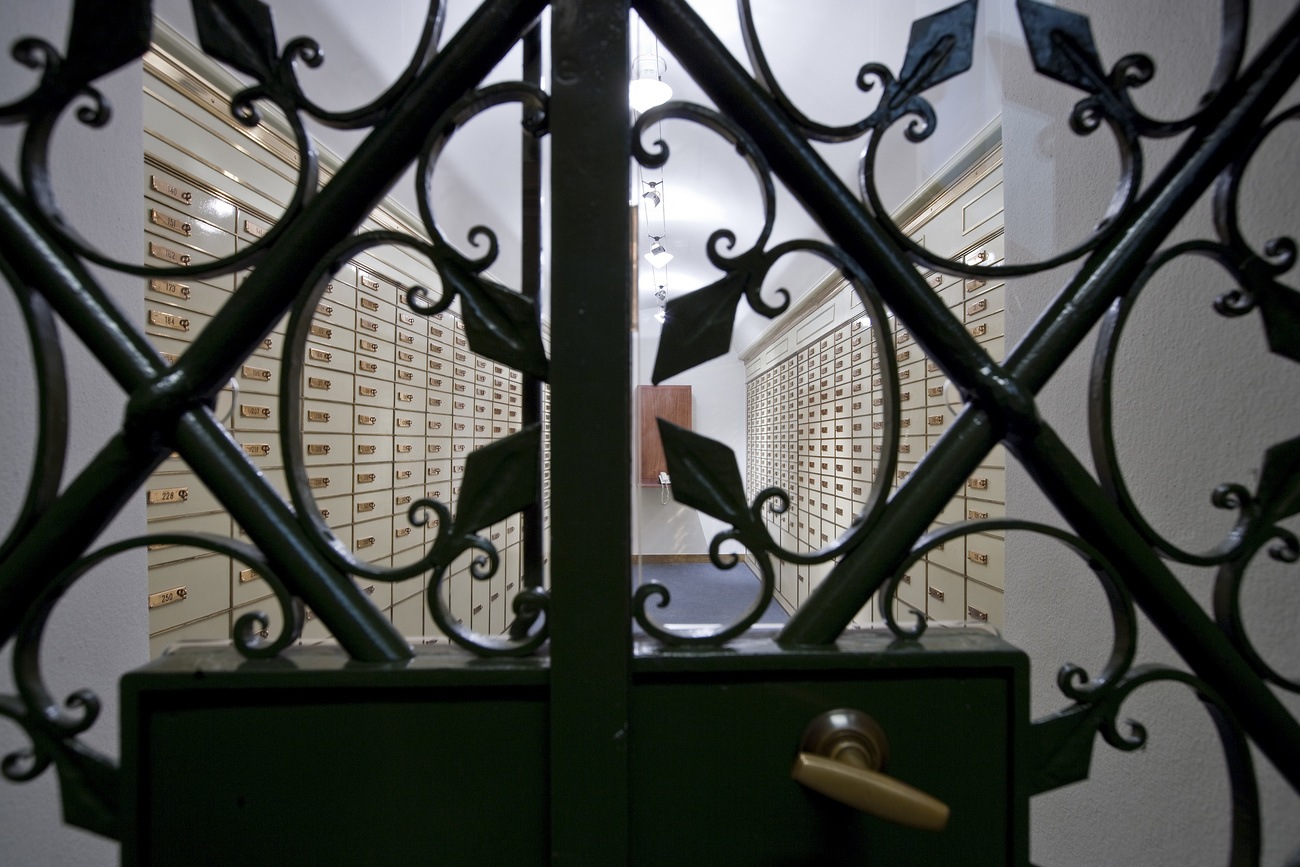
More
Swiss banks accused of hiding data behind secrecy laws
Prosperity contributes to the relatively high level of public trust. The vast majority of people in Switzerland live in economic security. Only 15% of the population is considered poor or at risk of falling into poverty, compared to 21.7% in the European UnionExternal link. This group is particularly affected by rising prices for food, energy and consumer goods.
The fact that prices in Switzerland have risen less in the past five years than in neighbouring countries is also due to the Swiss franc, which has appreciated relative to all major world currencies, which dampens the effects of inflation.
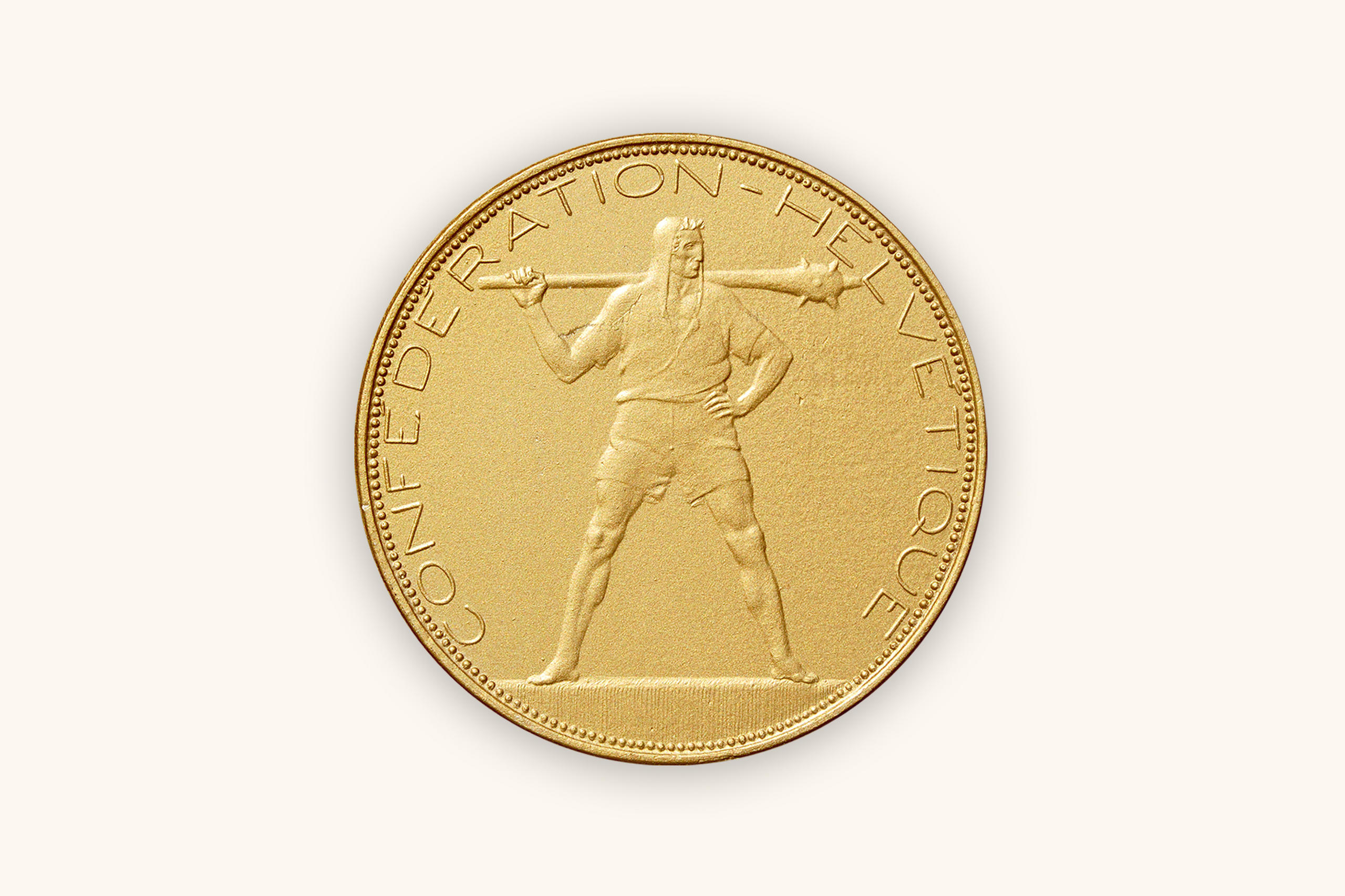
More
A blessing and a curse: the strength of the Swiss franc
Unlike in the US, for example, the norm of central bank independence is safeguarded by the constitution.

More
How protected is the Swiss National Bank compared with the US Federal Reserve?
Unobstructed view of the Mediterranean
Swiss life, which many people find comfortable, has also repeatedly provoked critical voices: can there be good art without much adversity and when so little unexpected happens?
As early as the 19th century, the only Swiss Nobel Prize winner for literature, Carl Spitteler, toyed with the idea of blowing up the Alps. The moaning about the country’s stability has been a recurring theme in every generation since then.
One thing is clear: anyone who can imagine explosions as a mind game lives a life in which bombings are very unlikely.
Concerns about declining trust and disinformation
While many people in Switzerland are also dissatisfied with politics and some have lost confidence in democracy, there is broad consensus on another issue: namely that this is a problem. According to the SBC election barometer 2025, 92% of respondents think “declining trust” is very or somewhat problematic for democracy.
In turn, almost two-thirds consider disinformation and misinformation to be very problematic for democracy.

More
How Switzerland and other states are navigating disinformation
The changed security situation in Europe, the charged atmosphere in social media, but also simply the changed technological possibilities: social trust is being particularly challenged by experiences in the digital space.
Some people are increasingly afraid of surveillance and censorship; for others, digital violence such as online hate speech takes centre stage.
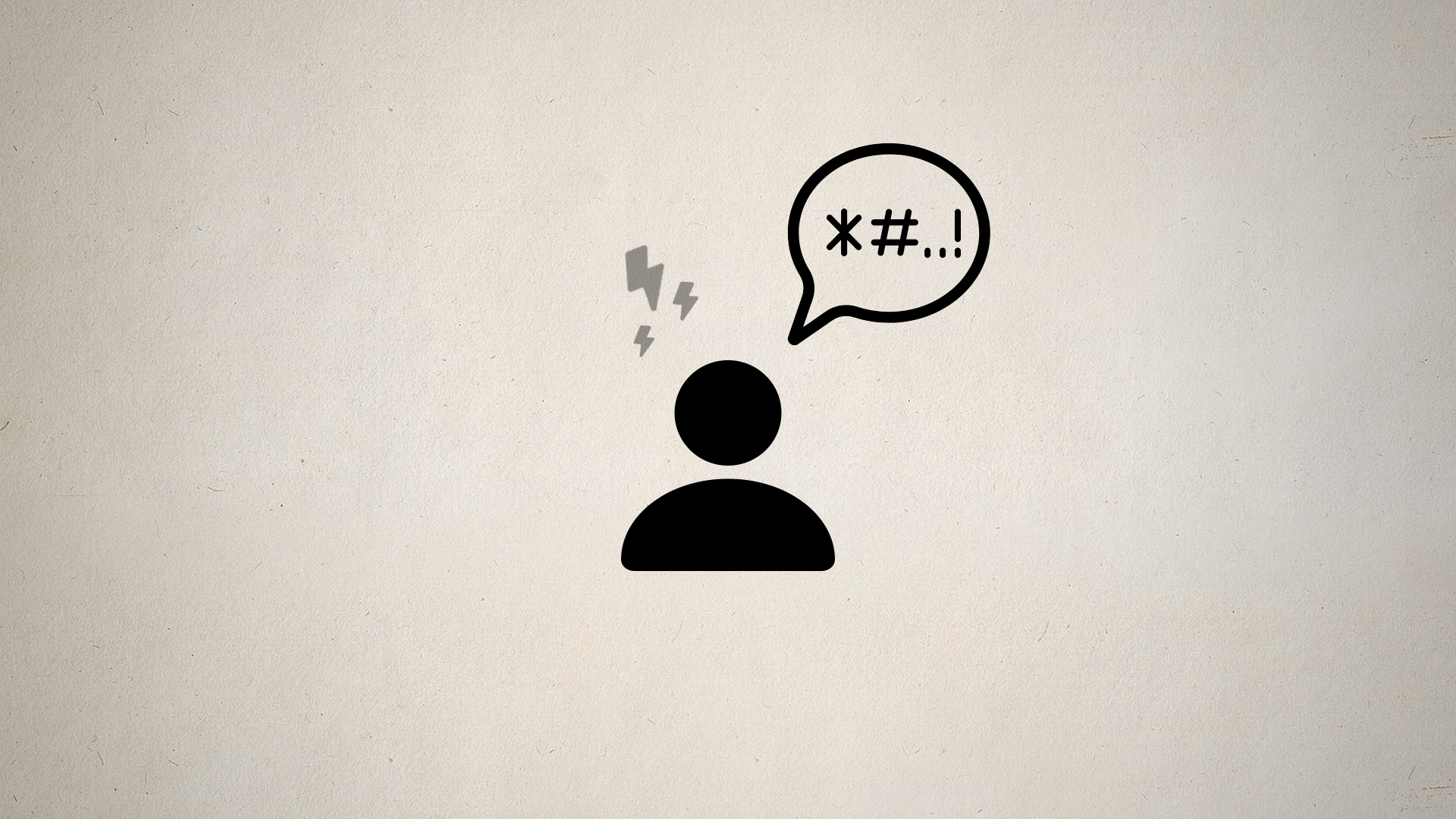
More
How counterspeech is tackling hate speech in 2025
For a democracy like Switzerland, the digital sphere harbours a number of stumbling blocks. Since the Swiss vote so often on laws and constitutional amendments, an informed population is even more relevant to democracy in this political system than in representative democracies.

More
Why a slow-paced digital transition may be best for democracy
Heated online debates or even targeted disinformation can not only have an impact on election results and social polarisation but can also have a direct impact on political decisions.
The state is under pressure to digitalise, but at the same time it must guarantee that those who prefer an offline life are not disadvantaged.

More
‘It’s political’: why some people refuse to have a smartphone
Switzerland faces the same challenge as all democracies: how can the population develop and maintain social cohesion?
The Swiss starting position for this doesn’t seem so bad.
More
Edited by David Eugster. Adapted from German by Geraldine Wong Sak Hoi/ds/ts

In compliance with the JTI standards
More: SWI swissinfo.ch certified by the Journalism Trust Initiative




























